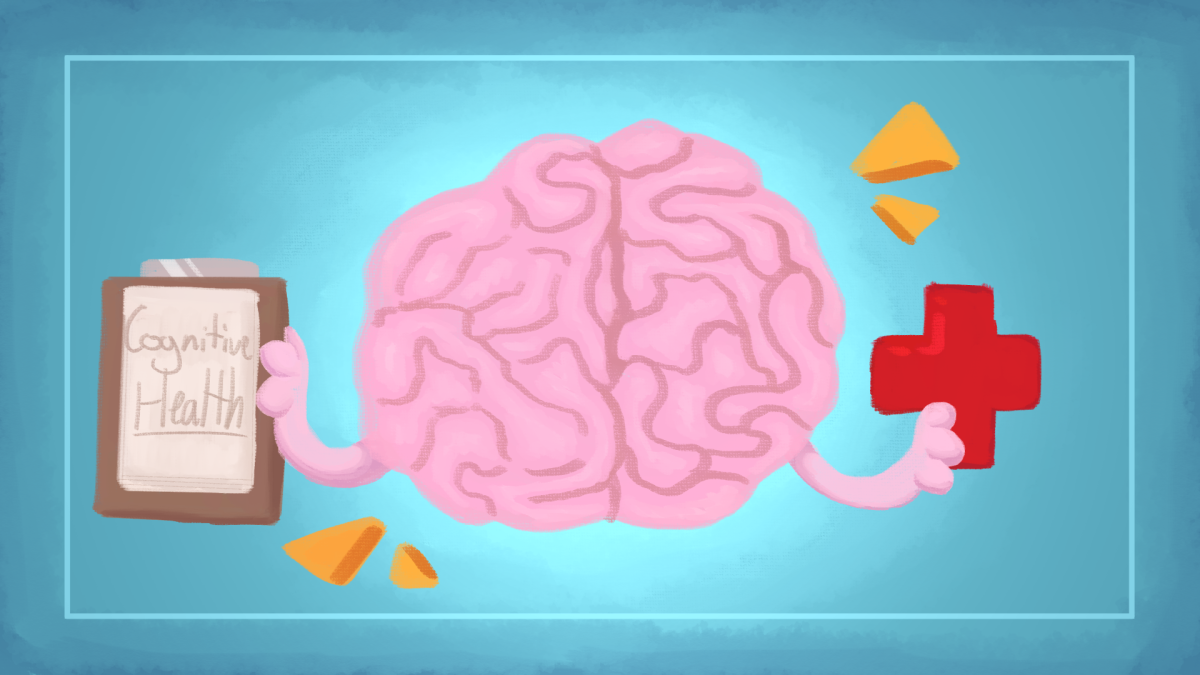It’s midday and you’re in class listening to the teacher introduce a new chapter. Suddenly, you feel your consciousness slip in and out of focus and before you know it, you’re off to daydream land. Regardless of whether you’re visualizing yourself attending a concert or imagining yourself asking someone to prom, you’re paying little, if any, attention to the teacher. By the end of class, you are left bewildered and confused about the lesson, unsure of what to do with the assignment due next class.
This is not an uncommon issue among students. According to a study conducted by a Harvard psychologist, an average person spends 47 percent of their time daydreaming. Although these dreams have been proven to induce creativity and help with problem-solving, there are still several issues that arise from a wandering mind. Hours spent in a fantasy prevents the person from living in the present, perpetuating unproductivity and procrastination.
To combat these temptations, here are a couple of helpful tips to guide your day.
Get more sleep:
Getting a sufficient amount of sleep every night is important to keep you energized for the next day. Wandering thoughts and daydreams are often the side effects from the lack of sleep from the previous night.
Normally, people should be sleeping for at least seven hours a night in order to function properly; however, these hours vary from person to person.
Receiving enough hours of sleep can also promote emotional stability and make students less vulnerable to impulsivity. They also keep students focused and concentrated in class, assets that are incredibly helpful when it comes to battling daydreams.
Fruit and water:
Drinking plenty of water will keep your body and brain hydrated during lessons, as well as prevent you from fatiguing early on. Eating fruit is also another common method of staying focused in class as they release energy more slowly, keeping you stimulated and vitalized.
Alternatives such as chocolate provide large energy boosts early on, but since the supply doesn’t continue dispersing, it leaves you tired and unfocused for the rest of class. Citrus fruits would be the most ideal products to eat because they are filled with Vitamin C, keeping you awake and alert just from their scent.
Engage in class activities:
Few students enjoy raising their hands in class and answering questions. This can be attributed to the fear of being wrong, as well as other factors such as apathy and shyness.
However, if you are in a state of drowsiness and are vulnerable to letting your mind wander, then it is especially important for you to participate in these types of class activities. Raising your hand to answer or ask a question will help stimulate your brain, as well as increase your confidence.
Being engaged in class can keep you focused on the lesson, as opposed to quietly sitting at your desk and becoming more susceptible to daydream tendencies.
Sound the alarm:
If you are prone to drifting off in the middle of studying or doing homework, try setting an alarm to wake yourself up. Set your clock for every 10 to 20 minutes, depending on the intervals in which you drift in and out of daydream land.
Make sure to not set your ringtone on the loudest or softest setting, as you want to be able to hear the alarm but not so much so that it makes you jumpy; try setting it on the medium level. When the alarm goes off, you’ll be startled awake, feeling refreshed and ready to get back to work.
Stop and recall:
Students are more prone to daydreaming when faced with a lengthy and arduous task, such as assigned readings. In order to combat this, break up the passages into smaller sections and set a goal for yourself of how much you plan to read.
Then, after finishing your portion, go back and recall what you read. This way, you are engaged and able to recollect the information you just gathered.
It prevents you from falling victim to common problems such as forgetting what you read moments after you finish reading it. In addition to breaking up the reading passages, try setting yourself mini breaks in between the sections so that you are able to relax and refocus.
Continue daydreaming:
If you find yourself unable to fully focus for the time being as your mind is constantly wandering, it might do you good to turn away from the task at hand and let your daydreams drift on for a few minutes.
When you feel refreshed and ready to try again, return to your assignment. It is better to separate your daydreams from your tasks than to try to daydream and work at the same time. If you find yourself unable to stop daydreaming, it might be a sign of fatigue.
Under these circumstances, it is best to take a nap or go to bed, if it is late at night. Studying while you are drowsy or distracted is unproductive, so your best option would be to take a break so that you are ready to refocus later.
Background Photo Credit: Rachel Horiuchi/The Foothill Dragon Press















